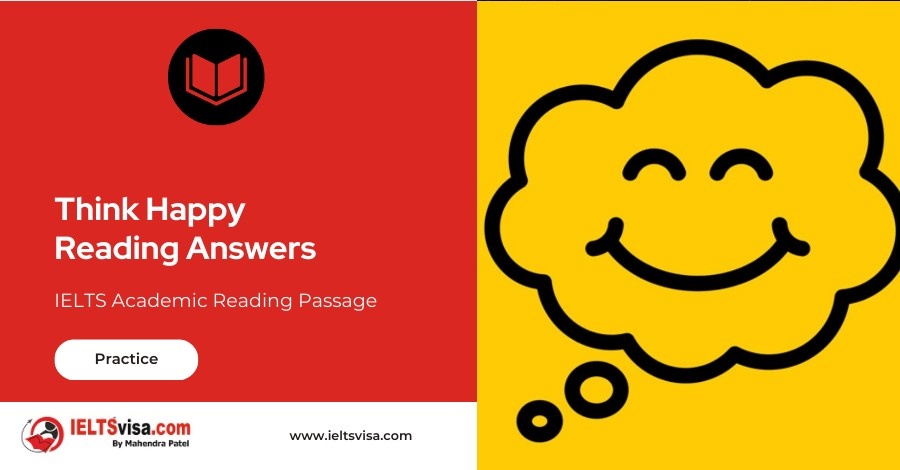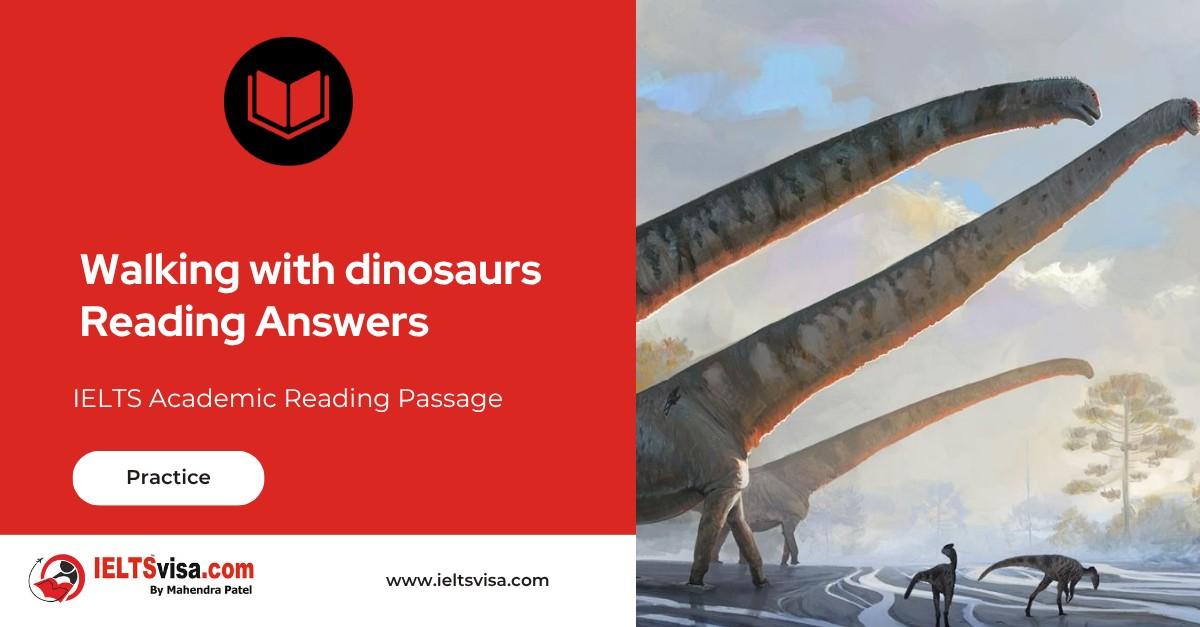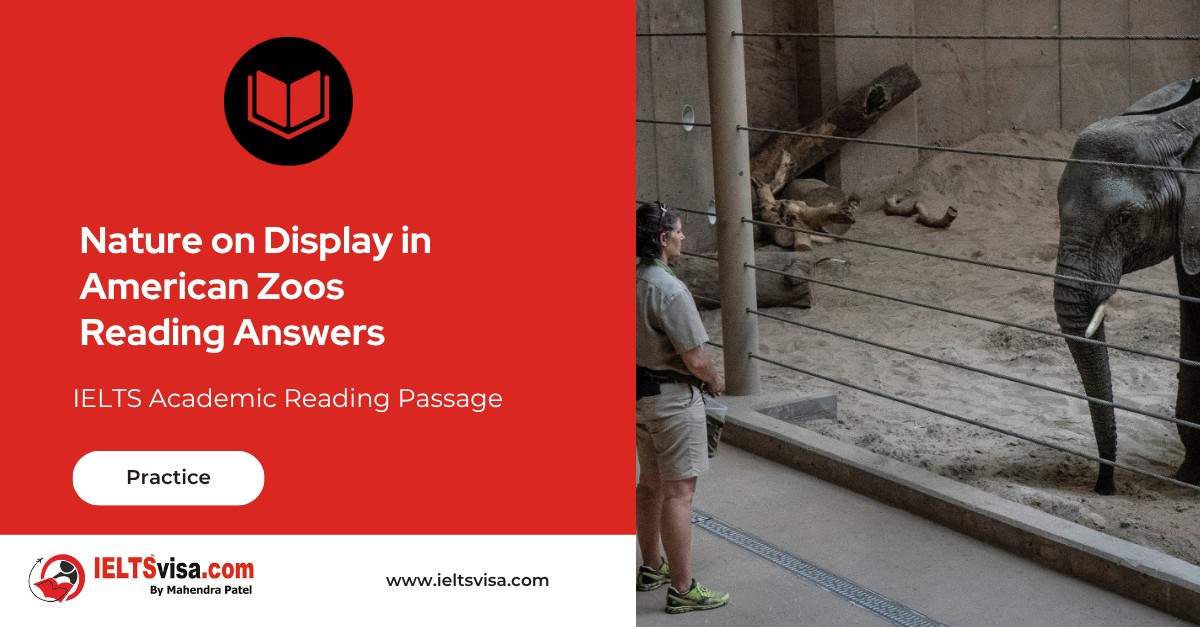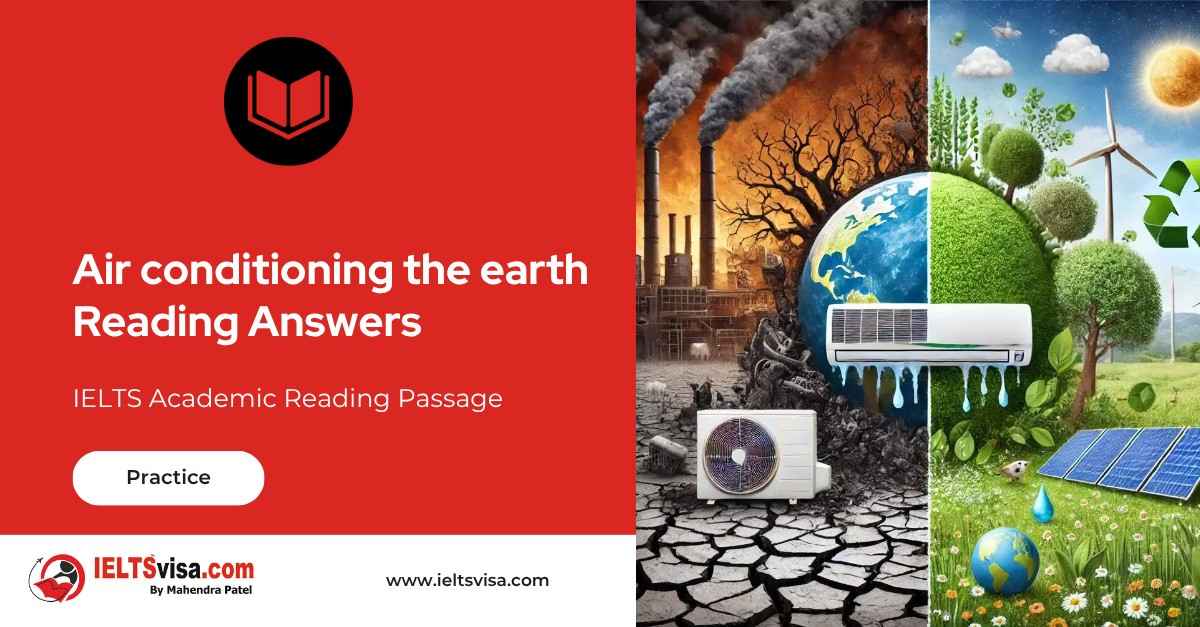Think Happy Reading Answers
IELTS Academic Reading Passage
What would Sir Isaac Newton have made of it? There he was, painted in oils, gazing down at one of the strangest meetings that the Royal Society, Britain’s most august scientific body, has ever held. If Newton had flashed a huge grin, it would have been completely appropriate, for beneath him last week a two- day conference was unfolding on a booming new field of science: investigating what makes people happy. Distinguished professors strode up to the podium, including one eminent neurologist armed with videos of women giggling at comedy films; another was a social scientist brandishing statistics on national cheerfulness. Hundreds of other researchers sat scribbling notes on how to produce more smiles.
The decision by the Royal Society to pick ‘the science of wellbeing’ from hundreds of applications for conferences on other topics is no laughing matter. It means that the investigation of what makes people happy is being taken very seriously indeed. ‘Many philosophies and religions have studied this subject, but scientifically it has been ignored,’ said Dr. Nick Baylis, a Cambridge University psychologist and one of the conference organisers. For the Royal Society to give us it’s countenance is vital because that states that what we are doing deserves to be acknowledged and investigated by the best scientific minds.’
At first sight, the mission of Baylis – and the growing number of other scientists working on happiness research – appears fanciful. They want to deploy scientifically rigorous methods to determine why some people are lastingly happy while others tend to misery. Then they envisage spreading the secret of happiness across the globe and, in short, increasing the sum of human happiness. ‘If someone is happy, they are more popular and also healthier, they live longer and are more productive at work. So it is very much worth having’ he says.
Baylis, the only ‘positive psychology’ lecturer in Britain, knows that the aims of happiness research might sound woolly, so he is at pains to distance himself from the brigades of non- academic self-help gurus. He refers to ‘life satisfaction’ and ‘wellbeing’ and emphasises that his work, and that of others at the conference, is grounded in solid research. So what have the scientists discovered – has a theory of happiness been defined yet?
According to Professor Martin Seligman, probably the world’s leading figure in this field, happiness could be but a train ride – and a couple of questionnaires – away. It was Seligman, a psychologist from Pennsylvania University, who kick-started the happiness science movement with a speech he made as President of the American Psychological Association (APA). Why, asked Seligman, shocking delegates at an APA conference, does science only investigate suffering? Why not look into what steps increase happiness, even for those who are not depressed, rather than simply seek to assuage pain? For a less well- known scientist, the speech could have spelt the end of a career, but instead, Seligman landed funding of almost £18m to follow his hunch. He has been in regular contact with hundreds of other researchers and practicing psychologists around the world, all the while conducting polls and devising strategies for increasing happiness.
His findings have led him to believe that there are three main types of happiness. First, there is ‘the pleasant life’ – the kind of happiness we usually gain from sensual pleasures such as eating and drinking or watching a good film. Seligman blames Hollywood and the advertising industry for encouraging the rest of us, wrongly as he sees it, to believe that lasting happiness is to be found that way. Secondly, there is ‘the good life’, which comes from enjoying something we are good or talented at. The key to this, Seligman believes, lies in identifying our strengths and then taking part in an activity that uses them. Third, there is ‘meaningful life’. The most lasting happiness, Seligman says, comes from finding something you believe in and then putting your strengths at its service. People who are good at communicating with others might thus find long-lasting happiness through becoming involved in politics or voluntary work, while a rock star wanting to save the world might find it in organising a charity concert.
Achieving ‘the good life’ and ‘the meaningful life’ is the secret of lasting happiness, Seligman says. For anybody unsure of how to proceed, he has an intriguing idea. To embark on the road to happiness, he suggests that you need a pen, some paper and, depending on your location, a railway ticket. First, identify a person to whom you feel a deep debt of gratitude but have never thanked properly. Next, write a 300-word essay outlining how important the help was and how much you appreciate it. Then tell them you need to visit, without saying what for, turn up at their house and read them the essay. The result: tears, hugs and deeper, longer-lasting happiness, apparently, than would come from any amount of champagne.
Sceptics may insist that science will always remain a clumsy way of investigating and propagating happiness and say that such things are better handled by artists, writers and musicians – if they can be handled at all. And not everybody at the conference was positive about the emerging science. Lewis Wolpert, professor of biology as applied to medicine at University College London, who has written a bestseller about his battle with depression, said: ‘If you were happy, I’d be very suspicious. I think you wouldn’t do anything, you’d just sort of sit there in a treacle of happiness. There’s a whole world out there, and unless you have a bit of discomfort, you’ll never actually do anything.’
Question 27-30:
Complete the sentences below with words taken from Reading Passage 3.
Use NO MORE THAN THREE WORDS for each answer.
Write your answers in boxes 27-30 on your answer sheet.
Question 27. At the conference, research into happiness was referred to as the science of well-being.
Question 28. Baylis and others intend to use scientific rigorous methods to find out what makes people happy or unhappy.
Question 29. Baylis gives classes on the subject of positive psychology.
Question 30. Baylis says he should not be categorized among the self-help gurus who do not have academic credentials.
Question 31-36:
Complete the summary below using words from the box.
Write your answers in boxes 31-36 on your answer sheet.
Seligman’s categories of happiness
Seligman’s first type of happiness involves the enjoyment of pleasures such as 31) ______entertainment. He believes that people should not be under 32) ______ illusion that such things lead to happiness that is not just temporary. His second type is related to 33) ______ ability .Identification of this should lead to 34) ______ participation and the result is ‘the good life’. His third type involves having a strong 35) ______ conviction and doing something about it for the benefit of others. This, according to Seligman, leads to happiness that has some 36) ______ permanence.
|
confidence |
entertainment |
incentive |
leadership |
|
thrill |
perseverance |
illusion |
effort |
|
ability |
theory |
celebration |
participation |
|
ego |
performance |
leadership |
encouragement |
|
exaggeration |
concept |
conviction |
support |
Question 37-40:
Reading Passage has eight paragraphs labeled A- H
Which paragraph contains the following information?
Write the correct letter A- H in boxes 37-40 on your answer sheet.
Question 37. a view that complete happiness may not be a desirable goal
Question 38. a reference to the potential wider outcomes of conducting research into happiness.
Question 39. an implication of the fact that the conference was held at all.
Question 40. a statement concerning the possible outcome of expressing a certain view in public.

Solution For: Think Happy
Reading Answers
| 27. Science of wellbeing | 31. Entertainment | 35. Conviction | 39. B |
| 28. Scientifically rigorous methods | 32. Illusion | 36. Permanence | 40. E |
| 29. Positive psychology | 33. Ability | 37. H | |
| 30. Self-help gurus | 34. Participation | 38. C |
Review and Practice
- Regularly practice with IELTS reading samples and time yourself to get used to the pressure of the exam.
- Review your mistakes to understand where you went wrong and how to avoid similar errors in the future.
Our Books
Master IELTS Speaking Part 1
IELTS Writing Task 1 Book
IELTS Writing Task 2 Book
Think Happy Reading Answers Explanation
Comin Soon
Practice IELTS Other Modules
IELTS Listening
The IELTS Listening test assesses how well you can understand spoken English in various contexts. It lasts about 30 minutes and is divided into four sections with a total of 40 questions. The listening tasks become increasingly difficult as the test progresses.
IELTS Academic Reading
The IELTS Academic Reading section assesses your ability to understand and interpret a variety of texts in academic settings. It is designed to evaluate a range of reading skills, including skimming for gist, reading for main ideas, reading for detail, understanding inferences, and recognizing a writer's opinions and arguments.
IELTS Speaking
The IELTS Speaking test assesses your ability to communicate in English on everyday topics. It lasts 11-14 minutes and consists of three parts: introduction, cue card, and a discussion based on the cue card topic.
IELTS General Reading
IELTS General Reading tests your ability to understand and interpret various types of texts. Here are some key areas and types of content you can expect to encounter in the reading section, along with tips for effective preparation.
IELTS Academic Writing Task 1
In IELTS Academic Writing Task 1, you are presented with a visual representation of information, such as graphs, charts, tables, or diagrams, and you are required to summarize, compare, or explain the data in your own words.
IELTS General Writing Task 1
In IELTS General Writing Task 1, you are required to write a letter based on a given situation. The letter can be formal, semi-formal, or informal, depending on the prompt. Here’s a breakdown of the key components to include in your letter
IELTS Academic Writing Task 2
In IELTS Academic Writing Task 2, you are required to write an essay in response to a question or topic. Here’s a guide to help you understand the essential elements of this task
IELTS Exam Tips
To succeed in the IELTS exam, practice regularly, familiarize yourself with the test format, improve your vocabulary, develop time management skills, and take mock tests to build confidence.
Grammer for IELTS
Grammar is the foundation of effective communication in English. Understanding tense usage, subject-verb agreement, and sentence structure enhances clarity and coherence in writing and speaking.
Vocabulary for IELTS
Vocabulary plays a crucial role in the IELTS (International English Language Testing System) exam, especially in the Speaking and Writing sections. Here’s an overview of why vocabulary is important and how it impacts your performance
RECENT IELTS SAMPLES QUESTIONS AND ANSWERS
Walking with dinosaurs
Peter L. Falkingham and his colleagues at Manchester University are developing techniques that...
Money as the Unit of Amount Reading Answers
The most difficult aspect of money to understand is its function as a unit of account. In...
WEATHERING IN THE DESERT
In the deserts, as elsewhere, rocks at the earth's surface are changed by weathering, which...
Nature on Display in American Zoos
The first zoo in the United States opened in Philadelphia in 1874, followed by the Cincinnati...
Can We Prevent the Poles From Melting
Such is our dependence on fossil fuels, and such is the volume of carbon dioxide we have...
Air conditioning the earth reading answers
The circulation of air in the atmosphere is activated by convection, the transference of heat...













